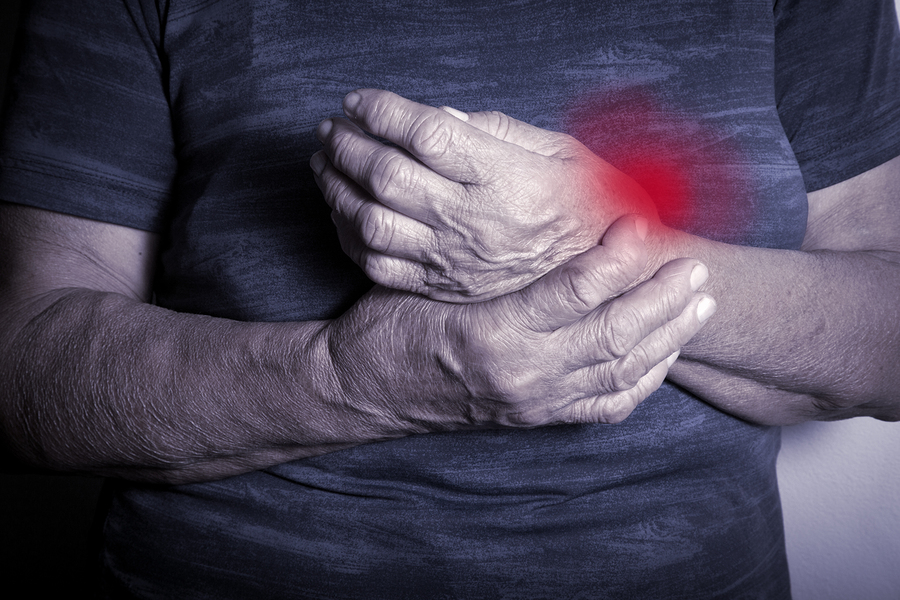After the holidays, January is a tough with returning to a work routine and the weather…but there is something to help.
Th holiday is time of time off, festive actives and anticipation. But starting 2 January, it is back to work and long work days, delayed projects and credit card bills, but there is good news. If you want to be focused and more upbeat, start 2025 prepped and ready with marijuana microdosing. As we look ahead, microdosing marijuana is emerging as a promising method for achieving calm and focus in our increasingly hectic lives. This approach involves consuming small, controlled amounts of cannabis to harness its therapeutic benefits without experiencing the intense psychoactive effects typically associated with larger doses.
RELATED: This Natural Cannabinoid Makes You Feel Happy
Microdosing marijuana allows individuals to fine-tune their cannabis experience, achieving a delicate balance between sensory enjoyment and therapeutic benefits while minimizing unwanted side effects. By opting for carefully calibrated doses, users can maintain focus and functionality throughout the day, making it an ideal choice for work or other daily tasks.

One of the key advantages of microdosing is its potential to alleviate anxiety and stress while promoting relaxation. Studies have shown that low doses of THC can dampen negative emotional responses without significantly impacting performance. This subtle effect can help individuals navigate stressful situations with greater ease and maintain a sense of calm throughout their day.
For those seeking to enhance their productivity and creativity, microdosing marijuana may offer a unique advantage. Some tech workers have reported that small doses of cannabis provide a creative edge, potentially boosting mental functioning and innovative thinking. While more research is needed to confirm these effects, many users find that microdosing helps them maintain focus and clarity without the distracting “high” associated with larger doses.
RELATED: Holiday Hangover? Here’s How To Stop It Before It Strikes
Each year the cannabis industry continues innovations in microdosing products and delivery methods. Precise dosing options, such as low-THC edibles, vapes, or concentrates, will make it easier for users to find their optimal microdose and maintain consistency in their regimen.
It’s important to note that the effects of microdosing can vary from person to person, and finding the right dose may require some experimentation. Generally, microdoses range from 1 to 5 mg of THC, depending on individual tolerance and desired outcomes.
As always, it’s advisable to consult with a healthcare professional before incorporating microdosing into your wellness routine. By offering a more subtle and controlled approach to cannabis consumption, microdosing may help individuals navigate the challenges of modern life with greater ease and clarity

 Cannabis News2 years ago
Cannabis News2 years ago
 One-Hit Wonders2 years ago
One-Hit Wonders2 years ago
 Cannabis 1012 years ago
Cannabis 1012 years ago
 drug testing1 year ago
drug testing1 year ago
 Education2 years ago
Education2 years ago
 Cannabis2 years ago
Cannabis2 years ago
 Marijuana Business Daily2 years ago
Marijuana Business Daily2 years ago
 California2 years ago
California2 years ago
























